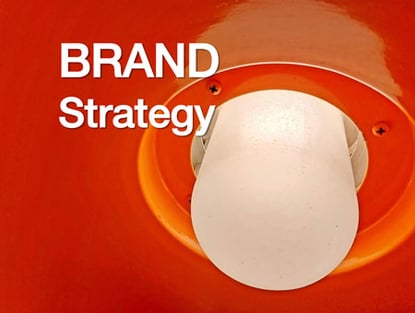You're working on an important new employee or customer communication to further your branding strategy. You're trying to say things succinctly. Perfectly. But as you're looking for just the right word that will have just the right impact, it's not coming to you.
What do you do?
The answer is obvious: you go to an online thesaurus and look up synonyms for the tired old word you would typically use. Or maybe you will settle for a little inspiration to imagine what the right new word could be.
Either way, I have a request to make.
STOP loving those generic words in the thesaurus.

I mean, if you REALLY think communication supporting your branding strategy will be fine with just any old generic word, than I suppose you can go ahead and do it.
On the other hand, if you want to use language that sounds like your intended audience and resonates with them, don't make the online thesaurus your first stop for ideas.
Instead, explore previously-well received communications you've delivered to your audience. While you may be looking for new ways to communicate key elements of your branding strategy, chances are what works with your audience has more to do with building up consistent language that means something to them than it does with constantly throwing new terms at them.
Another great source to draw from?
Revisit comments and language that your audience already uses to talk about your brand. Those can come via documentation from online surveys, online collaborations, customer service calls, emails, testimonials, or content they have shared through social media.
If you have some time and/or the means to do it, reach out to your audience with questions that allow them to talk about the area of interest to you.
In our experience, any of these options are better, more on-target sources for meaningful language than an online thesaurus.
Why?
It’s because these words come directly from the audience. That makes the language more likely to score on its simplicity, understandability, and resonance.
So, yeah, I know it can be tough, but do yourself a favor: step away from that thesaurus.
Your audience will thank you, and so will your ROI. – Mike Brown




